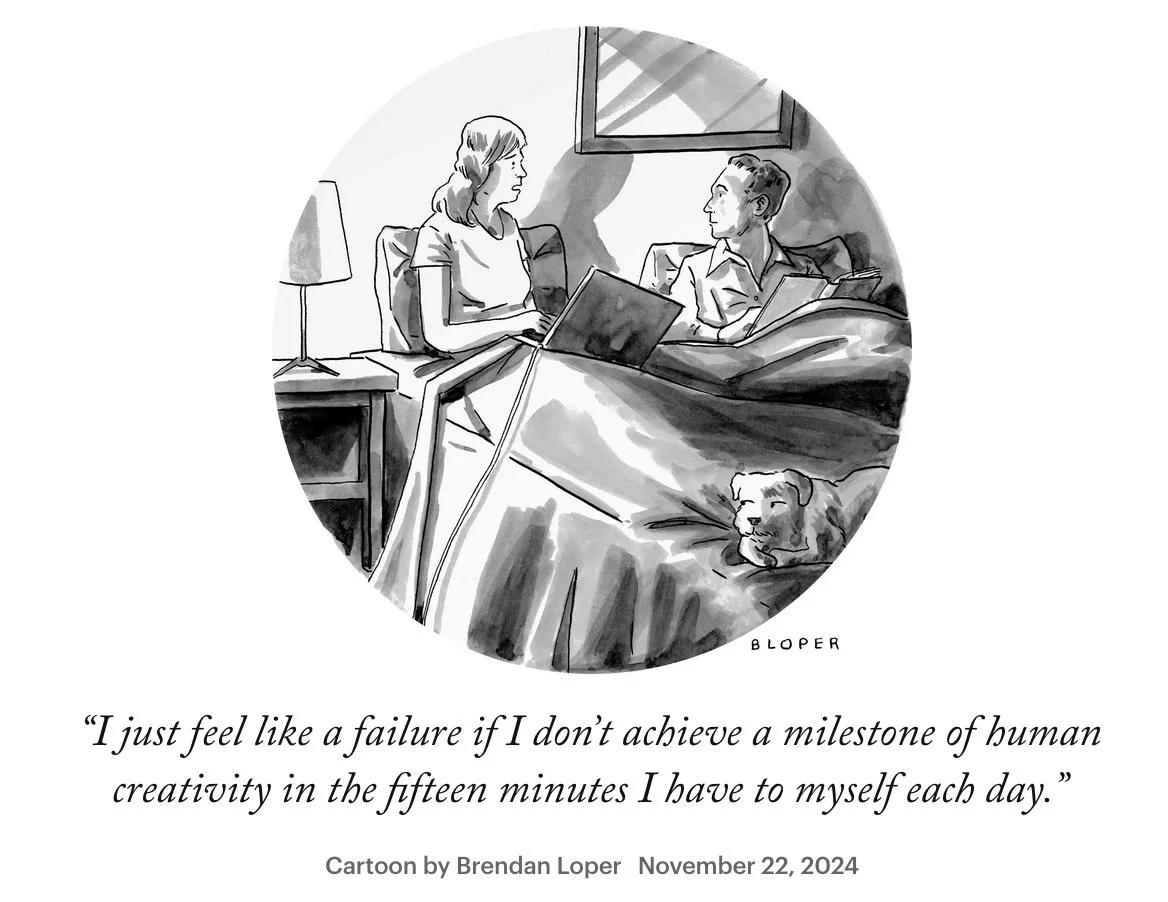Treatment is a transformative journey we take together. You emerge with improved clarity of purpose and ability to shape your life.
Medicine
Maybe you’ve tried a bunch of meds and they didn’t work and/or had terrible side effects so now you distrust the whole thing. Maybe you are worried medication will dull your creativity and capacity for awe. Maybe you’ve read all the books about how we are an over-medicated society. Maybe you’re chafing at existential questions about whether our entire, complex, once-in-the-universe sense of self can be reduced to neurotransmitters and hormones. All fair game! I non-dogmatically assess molecules that impact the mind, from escitalopram to estrogen, caffeine to cannabis, low-dose naltrexone to lamotrigine, rhodiola to—you get it.
Prescription medications - I will never, ever rush or pressure you to take meds, and I will believe you about your experiences with them. We consider all the facets and only proceed—slowly!—if you want to.
Hormone replacement therapy - Change is rough, and peri/menopause is one of the biggest transitions of all. You don’t have to suffer through brain fog, disrupted sleep, mood chaos, increased anxiety, and the occasional desire to murder.
Supplements and herbs - I’ve heard these written off as “expensive urine,” but for many, there is evidence for their safety and efficacy. (Though yes, I question what gets to count as “evidence” in our culture.) Many people are more comfortable taking molecules our body already makes, or using molecules made by plants instead of Big Pharma. I direct folks to high-quality products at adequate doses.
Lab testing - We can use detailed lab work and genetic testing to guide our decisions and potentially discover some underlying causes of your symptoms.
Psychotherapy
Sensitive folks do great in psychotherapy because they’re highly reflective, observant, and open-minded, and they love deep conversations. The best part is you don’t have to take care of the therapist’s feelings, though you may try! No matter what fancy terms we use, the goal of any psychotherapy is to shift old patterns that have stopped working, even though that feels terrifying/impossible/like death.
Support for climate distress
I know how fear, grief, worry, and trauma around the climate justice crisis can feel completely overwhelming. I do a lot of research and writing, participate in professional groups, and even present at fancy conferences on the topic so that I can learn how to help you experience these intense emotions without collapsing under the weight. Climate distress is a normal, healthy response to what is happening to our biosphere, but without support, it can start to interfere with enjoying life. The main framework I use is called The Work That Reconnects, developed by Joanna Macy. I’ve repeatedly witnessed and personally experienced how WTR strengthens us to face this mind-boggling challenge.

